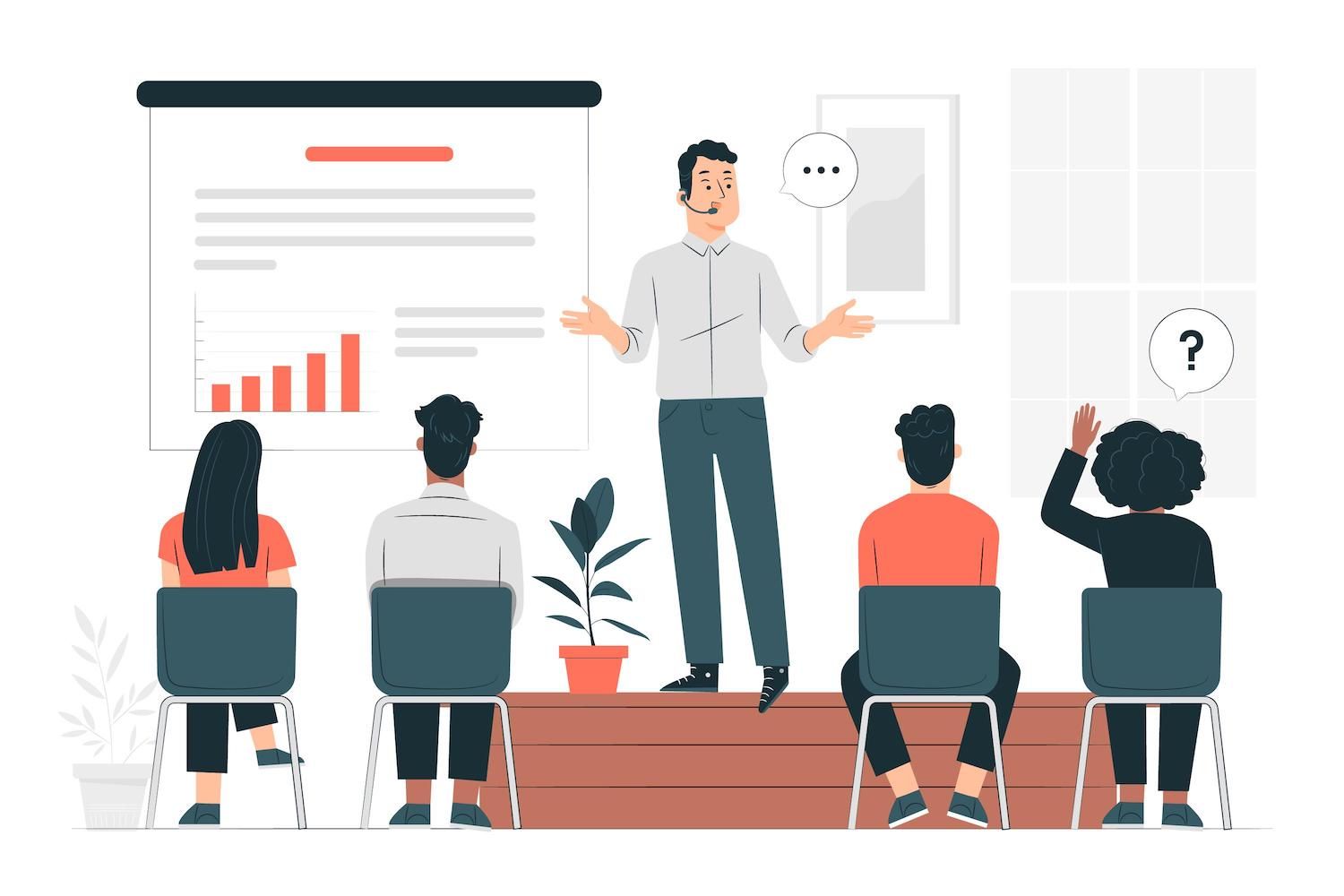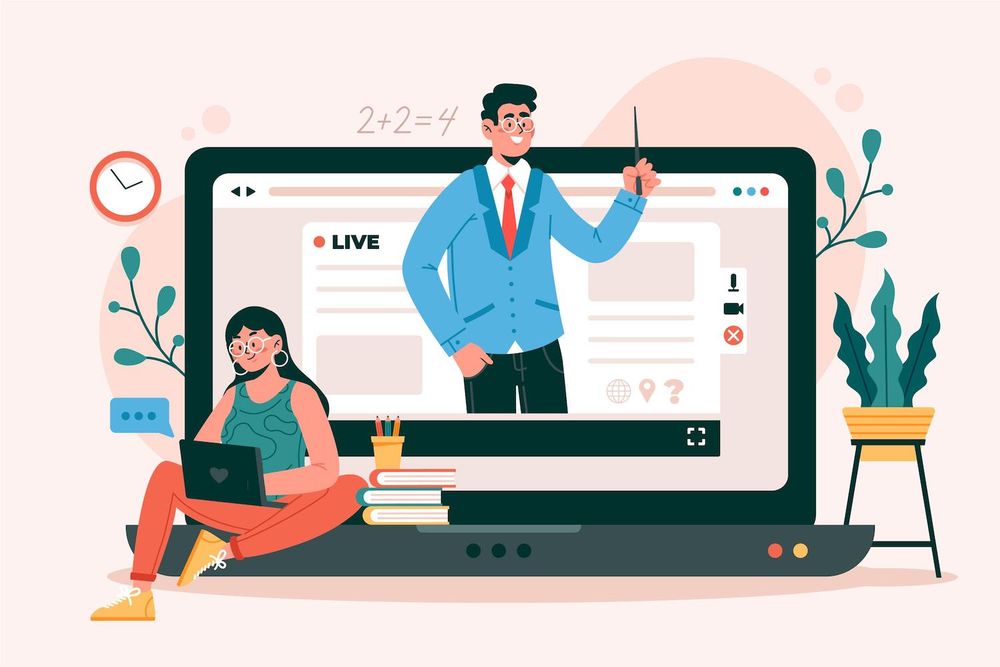Terms

"I was born and raised in Southern Vermont," starts Max Mackson of Maximilian Mackson, LLC. I attended homeschool until high school, which allowed me to spend time on the computer. I was able to learn HTML, CSS, and JavaScript, the languages of the web, and continued to tinker with side project ideas."
At the age of a young adult Max was enrolled in a theatre program. "I learned how to be professional; we were directed by a strict director, which I'm happy to have done because he taught me to be punctual and to ensure you're ready," he adds. Max's first IT job happened around the same time. "Between my sophomore and junior year of high school I worked at a country club located in town. I was there twice a week, updating their website. And it was God terrible! They were using some crazy third-party platform which took about half an time to accomplish tasks which would have been done with WordPress could have been completed in two minutes," the author says.
Speaking to people face-to-face while fixing the tech certainly helped He continues. "I'm obsessed with personal connections. I get a lot from relationships. In the summer at the country club everything was in high gear all the time. Therefore, if the printer at the kitchen went down it was my responsibility to go into the kitchen. It was hot and bustling with everyone running all around me. We were 'in the zone' in the moment!"
Max loved seeing in person the effects of the work he was doing, and trying to combat the difficult relationship we have with technology sometimes. "When I worked with people and I'd say to them "Okay, I've just uploaded an update on this machine And I'd get to see whether it was helpful to them, or if they became confused. I could see the different perspectives and discover what people's reactions to technology are. Most IT individuals will say, 'Okay, this is how things work currently; it's an update' which is a source of irritation for me. I love working with other people."
Max was aware that his skills in tech could make a difference to the lives of people. During the country club years the reason for his dislike of printers beganto surface "They simply don't perform when you need them to work!" he smiles. Much all of his work time consisted of repairing printers; working with hardware helped him understand system architecture "I ended up reworking all their systems over the years. I still do jobs for them," he adds.
He is stumbling around all by himself
As for a formal training, Max went to Champlain College in northern Vermont but learned something other beyond the standard syllabus. "I was among twelve information technology majors and it was hilarious when you consider that while I was in college, they decided that they were going to sunset that particular major! We were taken into a room and said"Hey guys, and you'll still be able to complete your degree. However, we won't provide your degree after this year'!"
Max began working in audio-visual due to his experience in the theater. "That required more fixing of technology because all the classes relied on computers, projectors, and projection screen" Max says. "When it went wrong and we walked into these full classrooms with many people, and they would all stare at us. Then we'd stand on a table and change out a lamp for the projector!"
"I stayed in college for just two years. I dropped out due to the fact that I was finding it very slow. The internet is moving at such a rapid pace that at the point you've finished up learning something in college and it's obsolete in the real world. Professors have to learn and to push this knowledge to the students, it's some time," Max adds.
Of course, the pace of development hasn't diminished - quite the opposite - as well as the pace and goals of education in formal school ultimately resulted in Max to starting his own business. One reason why that he quit was due to the fact that his vision for his career didn't align with those of his university: "They liked to say they got the majority of their students employed right out of college - which is fantastic, however, they go hardcore on making sure everyone is able to enter the workplace. I enjoy working with people but not so much as a result of that; it wasn't for me."
So Max decided to go on his own , and set off searching for his first client. Max had recently attended an online course and the person conducting it was looking for reviews. Max recalls: "I sent one in, just thinking I'd practice my writing skills. However, in the end, I put 'PS - If my abilities could ever serve you, please let me know'. the man replied, 'Well what do you have to do?'"
Max looked over the website and wrote up an organized list of changes: "No BS, just clear and concise" and Max was greeted with a straightforward response: "Text me" along with a number. "That is how I got that particular gig. To this day, he's an excellent client!" Max smiles.
Services and Projects
"You have all these different pieces of software that power your business, but they're not communicating with each other. Max is the one who can get the software to talk flawlessly," Max says. He says this makes an even more efficient single system, which is able to boost business performance and save time and energy. "I consider myself to be a systems architect and integrator. A lot of people like my parents refer to me as the IT person!" he jokes.
Max says the typical client's technology stack could comprise 100 different pieces of software, all in the form of silos. "You need to bring the pieces together so they communicate with one other. I first started working with couple of clients in Web design, then I started to work on integration on April 20, 2021. one of my clients was looking to establish a member-paying exclusive community."
Max had been working with that client, an influencer in the field of health and wellness and an evangelist for a few months and things were going smoothly. He hadn't had much expertise with memberships, however he already anecdotally knew what the pain points that could be. "I found myself looking into a variety of different membership software companies. I have a way of conducting research, where I go through different lists of what's the best software, and I'll correlate them."
Max picks software to provide the most user-friendly experience in both an admin and a customer side, to save customer support time in the long run. The simplicity of the software is vital. "I have the ability to work in a more complex work environment, however I am also aware that when something reaches the point where it's not usable to everyday citizens. They want to purchase somethingand want to get access to it. That's common: when one signs up on the website, I'd able to see the look on their face. I'd start explaining the process and they'd just glaze over!"
Styles of integration and the future
"Integrations may appear to be complicated," Max muses. "They have different types and different levels. So for a native integration, like with Mailchimp, you click a few buttons, and it's approved, and then you're all set. It's possible to create low-code or no-code integrations like Zapier's Zaps; and totally custom ground-up solutions where you write everything in the ground up."
"Generally, I play within the non-to low-code realm, since it is generally effective for my customers. However, for one specific integration, my client was looking to go very deep with the integration. They wanted to have all the capabilities of native integration however, they wanted to do it through Zapier. I had to use a dozen different Zaps to have the entire thing wired up and to get it to feel native but I had to create some custom code."
The thing that made this particular venture particularly interesting was the amount of interaction. "The the first day we launched it, we put the task of completing 50,000 it, which is incredible! It had to be optimized significantly to be worth the cost. It was eventually able to be brought reduced to under 5000 jobs per day. That's pretty aggressive."
He adds: "That was the first occasion I worked with a customer of that magnitude using Zapier. I've been involved in a variety of projects in the past, some that focused on design, and others which were more technical however, this was my favorite."
This larger scale of development is the driving force behind Max's future. He says: "Longer term, I want to develop software to help businesses." He adds that he thinks about software often because it's an important aspect in his professional life and also because so much software has been getting worse with the years. "It is becoming bloated and slow and isn't user-friendly anymore. They're constantly pushing out these UI upgrades that increase the difficulty. In the present, a lot of people expect software to suck!"
He says he's trying to provide a more pleasant user experience that is simpler and more intuitive for the end-user. "It's extremely early in the design stages but I have some interesting concepts. The project is likely to be at least six months out, because I tend to do my work on my own most of the time. I do not like working for an agency. They hand off a project to some new, unnamed developer who is then locked up in the closet! I'm not happy in that type of setting and prefer to collaborate with individuals in a one-on-one manner."
Max shares his latest thoughts and offers preferential treatment to subscribers of his mailing list (which is affectionately referred to by the name of "#MilianFam"). And as an exclusive offer to new subscribers coming from his list, he's created an extra bonus program which, as of the date of posting, has not been offered anywhere else, at whatever price.
